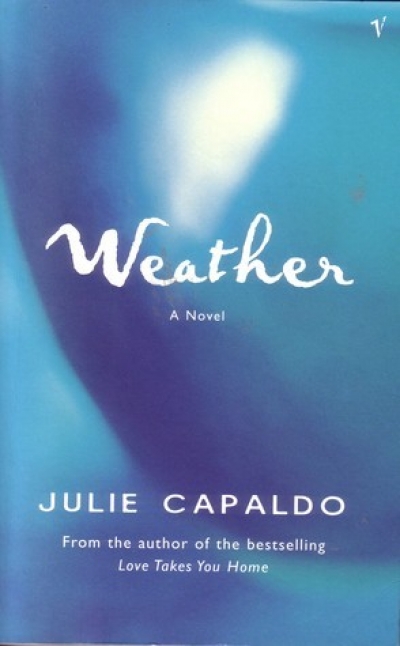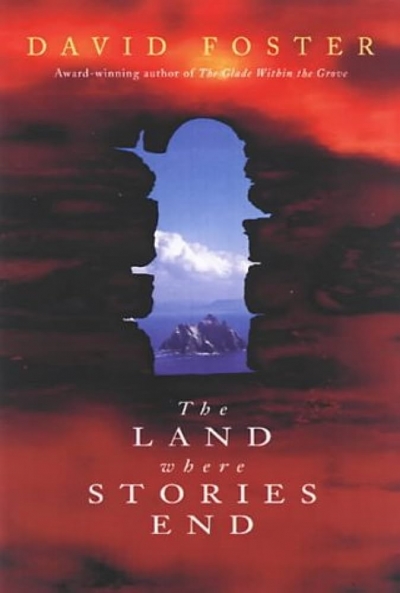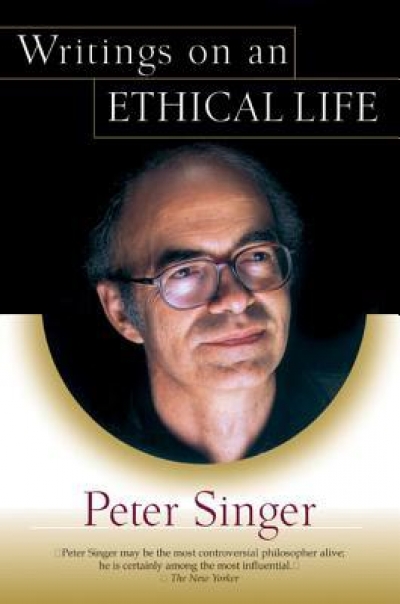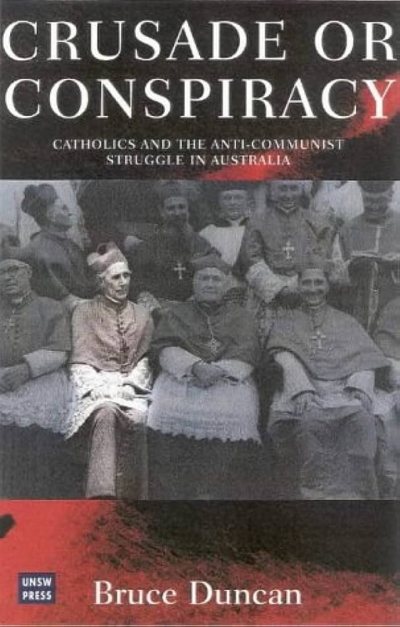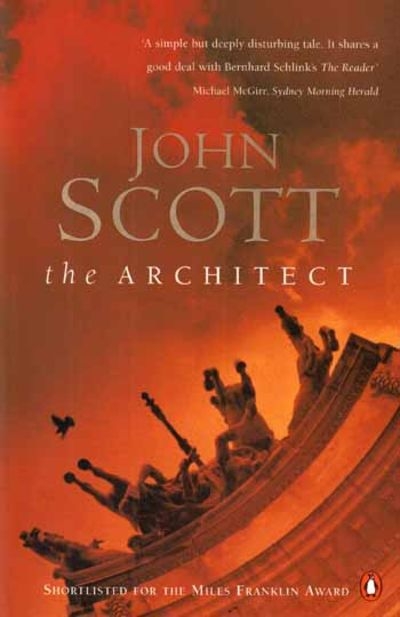Archive
I’m not keen to be at this dinner party at Carol’s. I find her hard to take sometimes, with her endless stories about her life in Maningrida. Her husband is away. Instead, there’s Graham, who’s been here nearly ten years; Laurie, who has visited the community from time to time since the 1970s; and Lisa, who is a few years older than me and who runs the art c ...
You tend to notice things when away from home. For instance, I have always been struck by how many people on trains and buses in Paris have their noses buries in books. So when I spent a couple of weeks there in March, I tried as often as decently possible to sneak a look at what Parisians were reading.
... (read more)Soldier Boy: The True Story of Jim Martin the Youngest Anzac by Anthony Hill
by John Connor •
Crusade or Conspiracy?: Catholics and the anti-communist struggle in Australia by Bruce Duncan
by Ross Fitzgerald •
The Eternal Frontier: An ecological history of North America and its peoples by Tim Flannery
by Rhys Jones •
Amor Mundi: True stories – Days of bombardment and martial law in Belgrade by Dusan Velickovic
by Thomas Shapcott •

